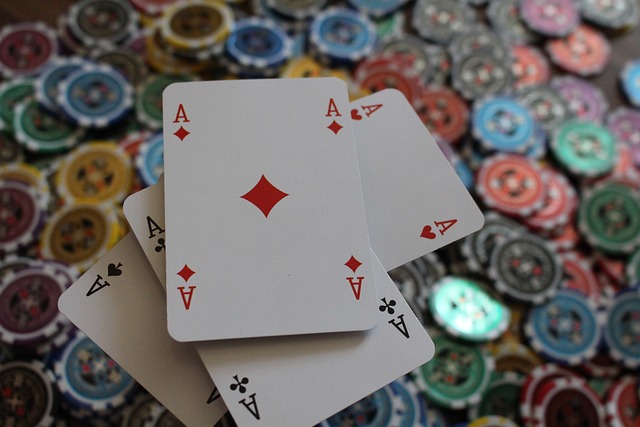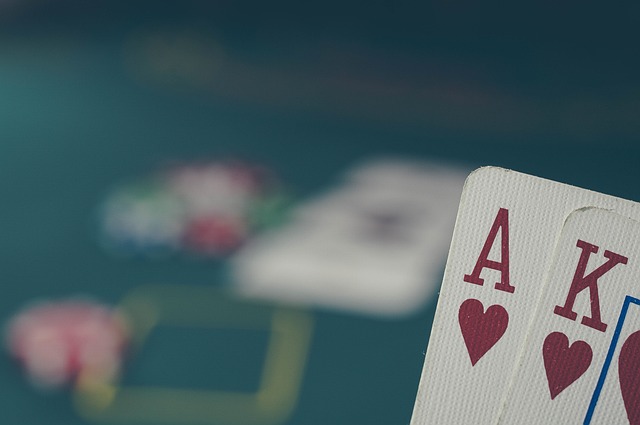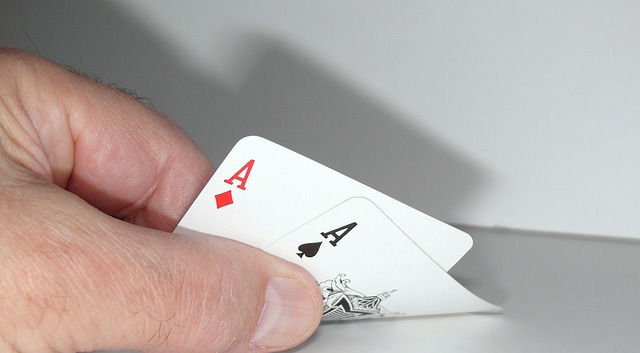When you walk into a casino or log into an online platform, every game comes with one constant: the house always has an edge. The house edge is a built-in advantage that ensures casinos make a profit over time. For table games like blackjack, roulette, and baccarat, this edge varies—and knowing how it works can help you make smarter choices and manage your bankroll better. Understanding house edge isn’t just about math; it’s about strategy, risk, and long-term thinking.
What Is House Edge?
The house edge is the mathematical percentage of each wager that the casino expects to keep over time. It represents the difference between the true odds of winning and the payout the casino offers.
For example, if a game has a house edge of 2%, it means that for every $100 wagered, the casino expects to earn $2 in the long run. The lower the house edge, the better the odds for the player.
The house edge is not a guarantee of short-term losses, but it does show how games are structured to give the casino a statistical advantage over repeated play.
House Edge by Popular Table Games

Each casino table game comes with its own house edge, and often, specific bets within the same game carry different levels of risk. Here’s how some of the most popular games stack up:
Blackjack
- Average house edge: 0.5% (with perfect basic strategy)
- Why it’s low: Player decisions like hitting, standing, or doubling down influence outcomes.
- Note: Poor play can increase the edge to 2% or more.
Blackjack offers one of the best chances to win, but only for those who understand and follow basic strategy consistently.
Roulette
- European roulette (single zero): 2.70%
- American roulette (double zero): 5.26%
- Best practice: Always choose European tables when available.
The addition of a second zero in American roulette significantly raises the house edge, making it less favorable for players.
Baccarat
- Player bet: 1.24% house edge
- Banker bet: 1.06% (but with a 5% commission on wins)
- Tie bet: Around 14.36% — not recommended
Baccarat is a simple, low-edge game, especially when you stick with the banker bet.
Craps
- Pass line bet: 1.41%
- Don’t pass bet: 1.36%
- Proposition bets: Up to 16.67% (avoid these)
Craps offers several low-edge bets, but many high-risk options lure less experienced players into worse odds.
Three Card Poker
- Ante and play: Around 3.37%
- Pair Plus side bet: 7.28% (depends on pay table)
This is a fast-paced game with moderately high house edges, especially if you include side bets.
Why House Edge Matters
House edge affects not only how often you win, but also how long your bankroll lasts. A game with a lower edge means you can:
- Play longer with the same amount of money
- Experience fewer dramatic losses
- Increase your chances of ending a session ahead
While luck can swing results in the short term, the house edge always plays out over time. This is why professional players avoid high-edge games and focus on those where strategy can reduce risk.
How to Minimize the House Edge

Even though the casino always has an advantage, players can reduce the impact of house edge with a few smart practices:
- Learn Basic Strategy
For games like blackjack or video poker, following optimal strategy charts can significantly cut the house edge. - Avoid Poor Bets
Skip high-risk wagers like insurance in blackjack, tie bets in baccarat, and most side bets in any game. - Play European Versions
If you’re choosing between American and European roulette, pick the version with a lower edge. - Manage Your Bankroll
Responsible betting keeps you in the game longer and avoids emotional decisions that can lead to bigger losses. - Take Advantage of Bonuses (with Caution)
Casino promotions can offer extra value, but always read the terms—many come with high wagering requirements.
Myths About House Edge
Some players believe they can beat the house edge with betting systems like Martingale or Fibonacci. However, these systems don’t change the underlying odds—they only adjust the size of your bets.
Others think hot or cold streaks influence future outcomes, but in most table games, each round is independent of the last. Trusting in patterns can lead to overconfidence and bigger losses.
Final Thoughts
House edge is a core concept that every casino player should understand. While you can’t eliminate it, knowing which games and bets offer the best odds allows you to play smarter and more sustainably.
If your goal is to enjoy the experience while preserving your bankroll, stick with low-edge games like blackjack, baccarat, and pass line bets in craps. Avoid temptation from flashy side bets and high-risk wagers, and always treat gambling as entertainment—not a guaranteed way to win money.
The house always has the edge—but with the right knowledge, you can tilt the experience in your favor.
